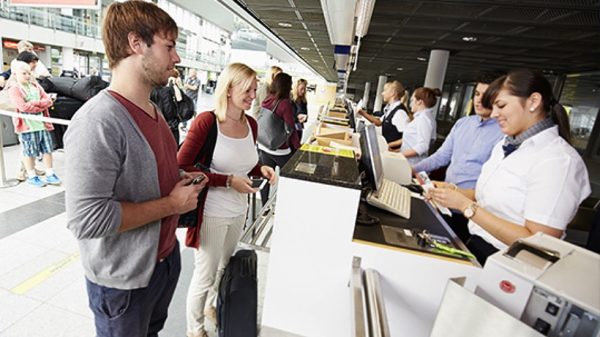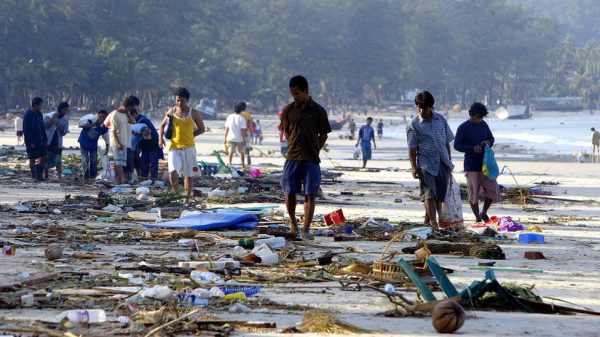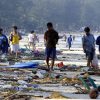The Thai PM has refused to declare the northern province of Chiang Mai a disaster zone, saying doing so would negatively impact tourism. The situation in Chiang Mai, regarding poor quality, has become critical in recent weeks when the northern city has often been listed with the worst air pollution in the world.
The Thai government has come in for criticism from some corners over its refusal to declare the province a disaster zone so that access to aid for fire control and hospitals wold not be hampered by parliamentary process.
But the PM Srettha Thavisin says doing so would have a serious impact on international tourism. Posting on X, he says it would drive away foreign tourists, whose insurance policies wouldn’t cover them for travelling to a location labelled a disaster area.
Srettha goes on to say the government wants to solve Chiang Mai’s air pollution problem in a way that poses the least risk to residents’ livelihoods. He adds that his administration has provided additional funding to the Department of National Parks, Wildlife and Plant Conservation to tackle the issue.
According to the PM, such a budget has never before been approved and the funds granted to the DNP is more than the amount earmarked for disaster mitigation.
Not everyone is critical of the government’s decision to steer clear of the disaster area label, with the chairman of the Tourism Council of Chiang Mai agreeing with the PM.
Posting on Facebook, Panlop Sae Jiew says over 52,000 travellers flew into Chiang Mai between March 1 and 16, generating over a billion baht in tourism revenue. The travellers would have been confronted with appalling haze and ‘hazardous’ air quality readings, according to iqair.com
“If the province were to be declared a disaster zone, foreign visitors would stop coming, hurting the economy. Meanwhile, the dust pollution continues to be unresolved.”
To date, 42 provinces have reported harmful levels of PM2.5 pollution, including all 19 northern provinces. Wildfires in Mae Hong Son created a spike in air pollution levels across the province, with PM2.5 recorded at 294 microgrammes per cubic metre yesterday morning, the highest in the north.
SOURCE: Bangkok Post









